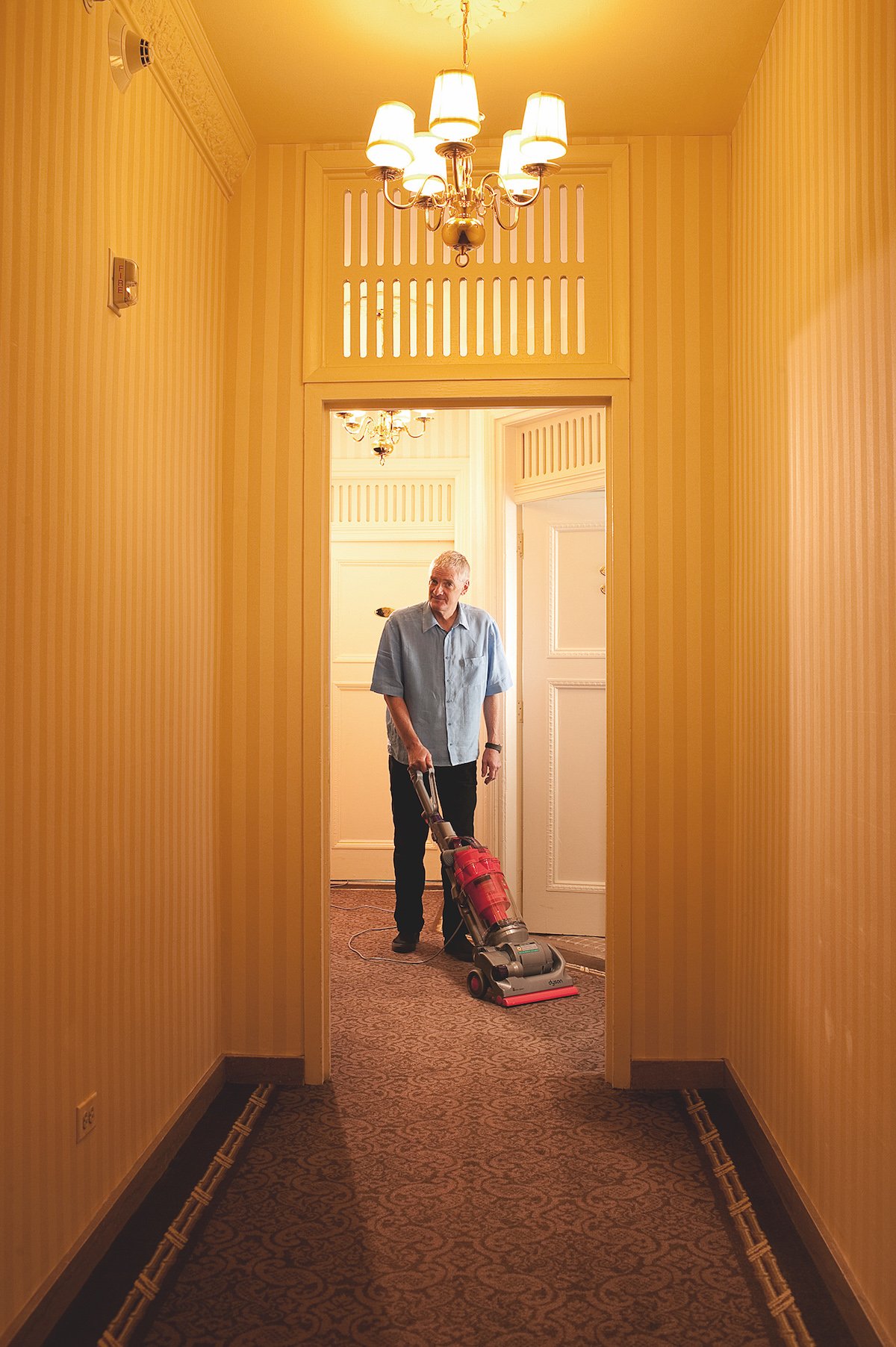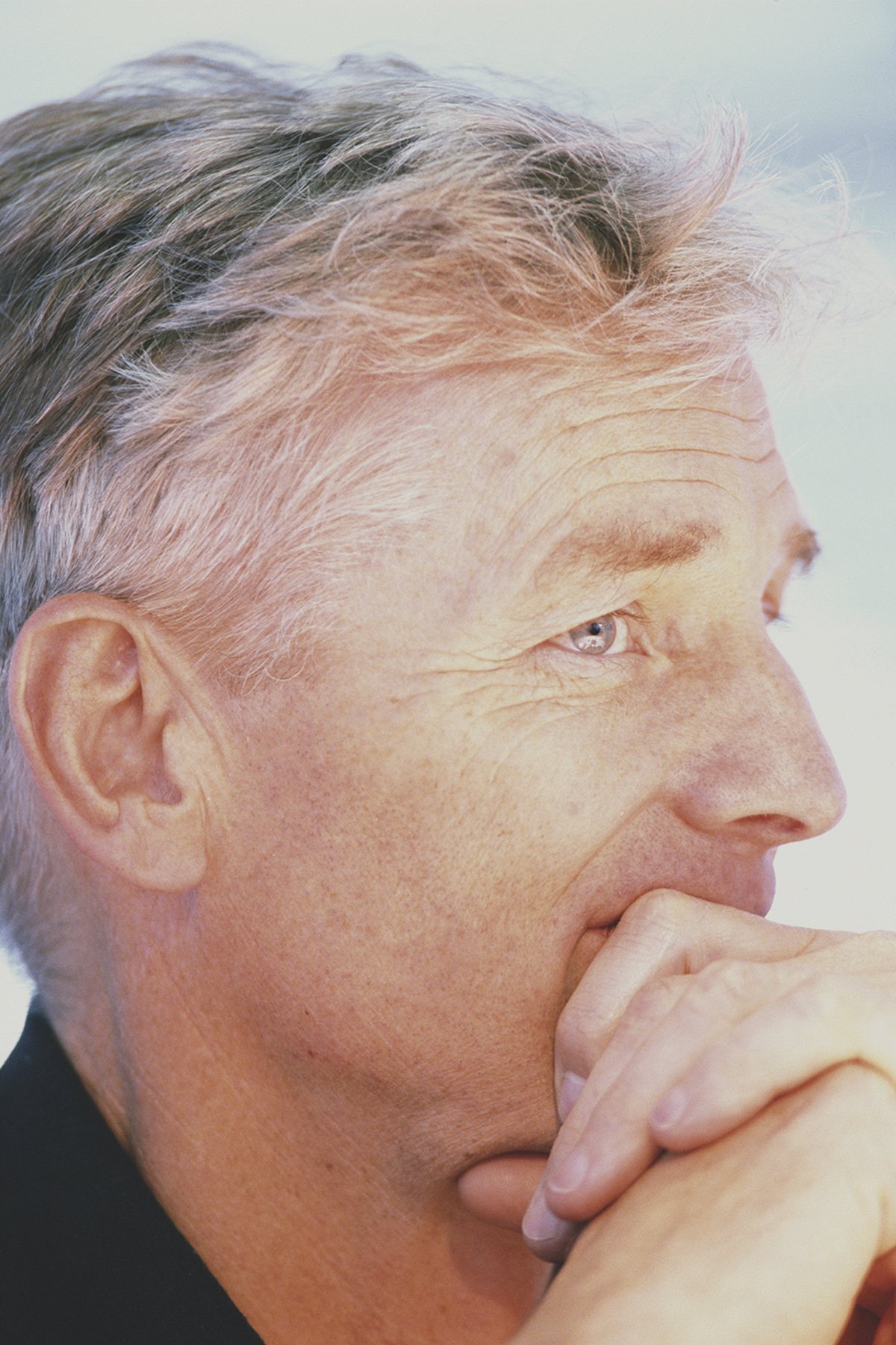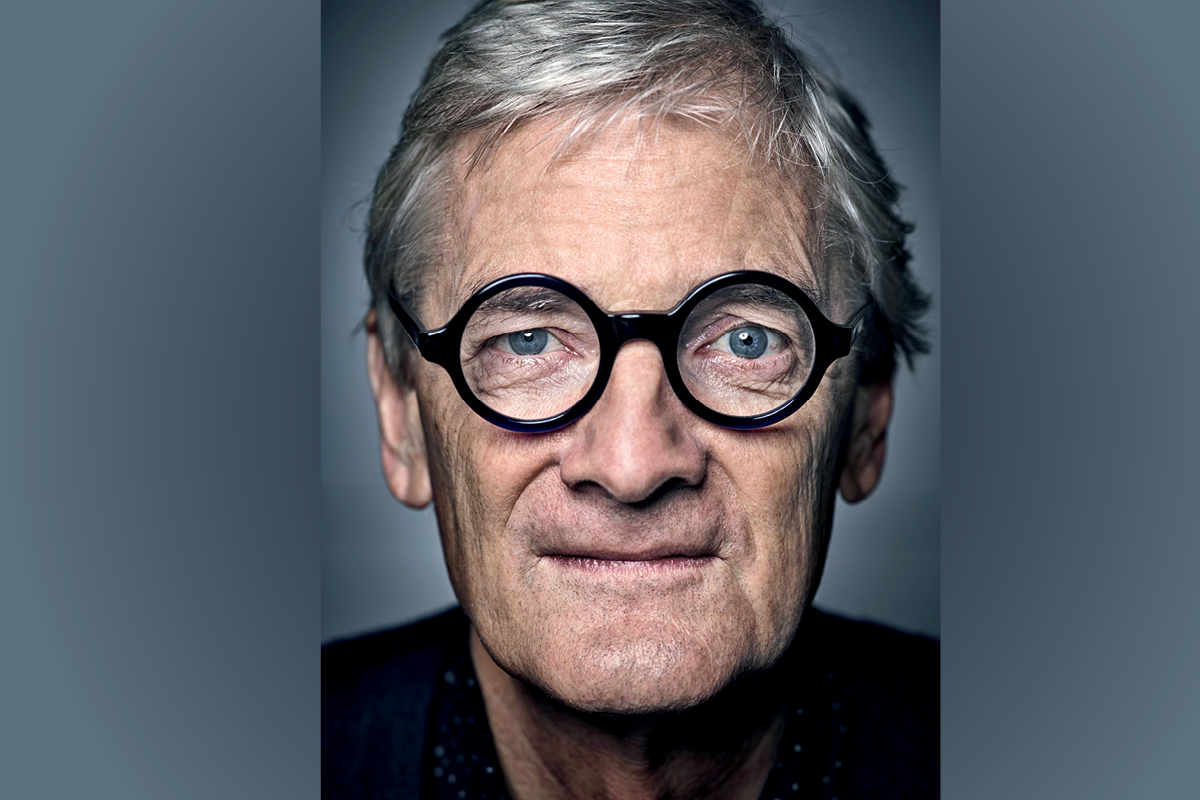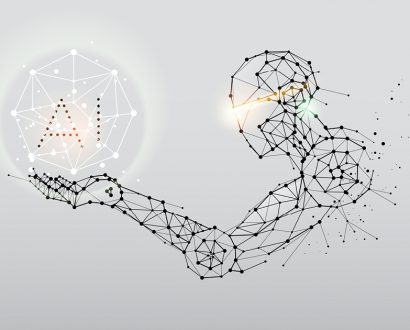The best thing about being a billionaire almost eight times over is not the three-comma bank balance, being a knight of the realm, the yacht, the jets, or being acclaimed as one of the world’s most creative entrepreneurs. It’s this.
“I get six emails a day.” Get out? “Really. No more than six,” Sir James Dyson tells me in his office in Malmesbury, Wiltshire, on one of those bright early summer days when the Cotswolds is the only place on earth you’d want to be. “I suspect everybody else in the business will be like me.”
I’ve come to talk to him about his plans for a new university and a whopping £2.5 billion (A$4.5 billion) investment in AI, robotics and battery technology that he hopes will propel his firm into pole position in the Fourth Industrial Revolution and help to make post-Brexit Britain as innovative and fast-growing as the ‘tiger’ economies of Asia. We’ll get to that, but first I want to know his secret. I’d eat my Dyson to get only six emails a day.
It all started 30 years ago, he tells me, when he founded the company and banned staff from writing memos, to encourage them to talk to each other instead. He gave – and still gives – new recruits old-fashioned exercise books and urges staff to use them in meetings instead of laptops.
He has built dozens of cafes at his campuses “so people can have face-to-face communication. We’re creating things, working out how to sell them. You can’t do that on your own. You have to talk.”
If all that isn’t enough, he has the extra protection of a professional email address “that is odd and hard to guess”.
Soon, if he has his way, there may be no email at all, for him or any of us. Thanks to AI, bots could do our communicating. Britain needs to get ahead and start colonising Botland, Dyson says, which is why he is spending billions creating a new 210-hectare research and development centre on a former RAF base at Hullavington, a few miles from Dyson’s existing headquarters.

He has sold more vacuums, fans and hair dryers than ever over the past year, but that’s not enough. He wants to use the new high-tech hub to double the range of products his company makes in the next three years to around 100, many of them using AI.
Dyson, who celebrated his 71st birthday earlier this year, but looks younger because he is as slim as one of his cordless vacuums, thinks his wildly ambitious task will be made easier by Brexit.
A high-profile supporter of leaving the EU, he is “very excited about the opportunities to cut trade deals direct with other countries — America, India, Japan, Australia”. He is looking forward to being able to hire top tech talent from all over the world, rather than having to put EU citizens first.
Fine, but under EU rules we can’t start negotiating pacts on trade until the Brexit process is complete. That’s nonsense, Dyson yelps. “We should start negotiating with everybody else right away. It’s ridiculous not to be able to do that. Totally restrictive. Since when did the EU abide by European law?”
Despite warnings that the talks between London and Brussels will be tough, Dyson predicts that the EU will end up cutting a relatively free trade deal with Britain “because they have more to lose.
There’s a £100 billion balance of trade deficit between us and them. They sell more to us than we do to them.” If no deal is reached, UK firms will have to pay a tariff on the goods they export to the EU, but he predicts that won’t hurt much.
Dyson already pays a World Trade Organization tariff on its exports to the EU “because we manufacture outside the EU in Malaysia, which doesn’t have a free-trade deal with the EU. And guess what? Our sales grew 35% in Europe last year.”
Should Britain become the Singapore of Europe – a low-tax trading hub just off the Continent –
as many free marketeers now propose? “Yes. I suggested that to George Osborne when he was chancellor.” What did he say? “He said, ‘Well, I wish it was as easy as that!’”
Dyson knows what he is talking about. If you own a Dyson vacuum, hand-dryer or hair dryer, the motors that power them are made in Singapore, where Dyson employs 1,300 people. He opened an R&D centre there in January 2017 – the company’s first outside the UK – part of a £330 million
(A$540 million) investment in the city state.
“Singapore is a great example. It has free trade and high technology. The average national salary is S$63,000. You pay for education according to how wealthy you are. You insure yourself for health. But the maximum tax rate is 22%. Amazing.”
To help make post-Brexit Britain more like the Asian tigers, Dyson has opened his own university. The Dyson Institute of Engineering and Technology (DIET), on his Malmesbury campus, will, he hopes, create the James Dysons of the future. It admitted its first 25 applied-engineering undergraduates in September. “We had 650 applicants. Oxbridge is only three times oversubscribed,” he boasts.
Dyson has built dozens of cafes at his campus “so people can have face-to-face communication. We’re creating things, working out how to sell them. You can’t do that on your own. You have to talk.”
They will work alongside Dyson engineers on real projects for 47 weeks a year, rather than the usual 26, and not only pay no tuition fees, but receive an annual salary of about £16,000 (A29,000). “I’m horrified that students pay £9,000 (A$16,000) a year for tuition, and then they’ve got to support themselves and they end up with debts of £50,000 to £60,000 (A$90,000 to A$100,000),” he frowns.
Once they graduate, the engineers have to remain at Dyson for a few years, “although we’d like them to stay forever”, he says. “You don’t have to work on algorithms for Google, you can work on algorithms for Dyson.” Initially, the University of Warwick will help with teaching and validate and award the degrees.
Once they graduate, the engineers have to remain at Dyson for a few years. “You don’t have to work on algorithms for Google, you can work on algorithms for Dyson.”
DIET is just the sort of new higher-education institution that the government wants entrepreneurs and others to set up now that it is relaxing the rules that determine who can establish colleges and universities through the Higher Education and Research Bill. Dyson agreed to open DIET after a meeting with Jo Johnson, the universities minister.
“When there is a new secretary of state, I go to see them to ask, ‘What are you doing about the lack of engineers?’ We’ll be a million engineers short in three years’ time in Britain if we don’t do something. Jo said, ‘Well, why don’t you start a university then?’ I said, ‘I can’t.’ And he said, ‘I’m passing a bill so you will be able to.’ So I said I would.”

Dyson also funds a school of design engineering at Imperial College London, to the tune of £12 million (A$22 million), and has invested £8 million (A$14 million) in the Dyson Centre for Engineering Design at the University of Cambridge, where 1,200 young engineers build prototypes and collaborate on projects such as solar-powered cars.
Many of “his” students will work on products that use AI, which Dyson believes will be the biggest new thing in tech because its potential is infinite. It is already transforming our lives. Many cars now come with self-drive functions that enable us to take our hands off the wheel, and, in some cases, our feet off the pedals. Go to Heathrow today and facial-recognition sensors replace boarding-gate staff for departing passengers and immigration officers for arrivals.
His company already sells its first robot product, the 360 Eye vacuum cleaner. The machine has a patented 360-degree camera that not only ‘sees’ its surroundings to help it manoeuvre around chairs and under beds, it also maps its route to reassure the owner that it hasn’t missed any areas. It shares information over the web with other robots in the house – turning on air purifiers while the vacuum is working to keep the air clean, for instance. “It’s a massive leap forward in seeing, understanding and working,” he says.
What other AI products is he working on, I ask. “Aha!” he laughs. “It would take too long to tell you.” I’ve got time, I assure him. He shakes his head.
Are they likely to be for the home or is he moving into new areas? “Well, some of them will be in new categories.” A car? A plane? Dyson is an aircraft nut who has a Harrier jump jet parked outside his office, a Lightning jet fighter hung from the ceiling of the newest cafe on his campus and wants to display a Vulcan Cold War bomber at Hullavington. “Wait and see,” he says.
I don’t like waiting, so I persevere. Whatever you end up doing, will it be high-end and expensive, like most of your existing products? “That’s not how we think. We do a product that we think is the right product.” Dyson fans will, by now, have noticed that he has not actually said no to a car or a plane. Leaked documents recently revealed a car experiment is under way.
What does he say to critics who argue that fancy algorithms and robots will destroy jobs? He answers by pointing to his own firm. “We’ve created four and a half times our workforce in the past five years, and if we carry on growing as fast as we are now, we will increase it another fourfold in the next five to 32,000 worldwide. When the company started in 1993, we were just mechanical engineers. Then we added electronics engineers, software engineers, artificial-intelligence engineers, vision engineers. The more we grow, of course, the more the local economy benefits.”
“We’ve created four and a half times our workforce in the past five years, and if we carry on growing … we will increase another fourfold in the next five.”
And the more wealth it creates for him – Dyson is a private company owned by Dyson himself and his family: he and his wife, Deirdre, have three grown-up children and six grandchildren.
The company’s profits leapt by 41% to £631 million (A$1.1 billion) last year, on turnover that rose 45% to £2.5 billion (A$4.5 billion).
“It’s a pretty big jump,” he grins. Sales of his Pure Cool Link, a fan that doubles as an air purifier, were up last year, especially in China, where overall sales have risen almost threefold. His Supersonic hair dryer is selling well in all territories, even though it is far more expensive than its competitors at £300 (A$540).
Few companies make money in hardware because copycat producers, using cheap labour, depress prices, cutting profit margins. But, like Apple, Dyson dreams up the kind of premium products that are hard to clone and can still command a premium price. We put the Dyson family fortune this year at £7.8 billion (A$14 billion), up £2.8 billion (A$5 billion) on last year.
As well as developing AI, Dyson wants to use his new R&D centre at Hullavington to work on fast-charging, long-lasting batteries for use in his cordless, bagless vacuums and much more besides. “The potential is enormous,” he says. “It will transform aeroplanes, cars – anything where you want clean energy or not to be tethered by a cord.”
Company insiders say Dyson hopes to create a battery that will give his prototype electric car half as much range again as the Tesla Model S 100D, which leads the field at 540 kilometres before it needs recharging. In 2015, Dyson spent £58 million (A$104 million) buying a pioneering Michigan-based battery firm, Sakti3, to spark fresh thinking among his engineers.
I’ve been talking to Dyson for an hour and a half now. Time waits for no-one, not even the latter-day Victorian, who wants to invent, build and sell new things, and then plough much of the profits into education and training, so that his firm, his ideas and, of course, his name will live on. He puts on his giant owlish blue glasses, which is his sign that he has to go and do more things that he can’t talk about. A flying car, I suggest. Again, a poker face.
On my way out of his office, I check my iPhone that needs a new Dyson battery because it is about to run out of juice after only half a day’s use. “You have 19 new emails,” it tells me. I need to take a leaf out of his black-and-red notebook. He agrees to send me one. Perhaps there’s hope.
Interview: John Arlidge, The Interview People.







